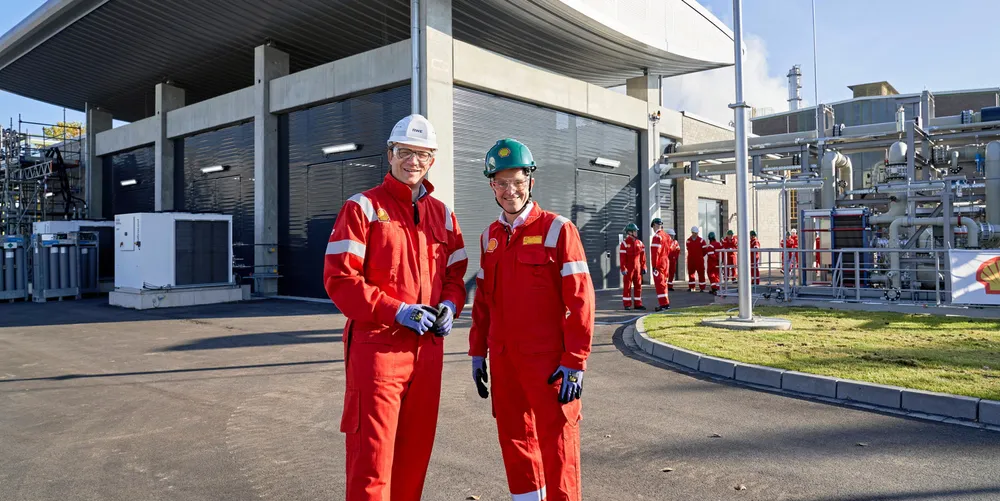'Cross-sector and cross-national': Shell and RWE team up for green hydrogen
Oil supermajor and utility already working together on North Sea offshore wind to H2 giga-projects NortH2 and AquaVentus

Oil supermajor and utility already working together on North Sea offshore wind to H2 giga-projects NortH2 and AquaVentus
